
Become familiar with the Handbook for Discernment for Ministry. Confer with your Rector or Priest-in-Charge. If your priest recommends you for formal discernment, they will write a letter to the Bishop to request formation of a Vocational Discernment Committee. This is what makes you a Nominee.
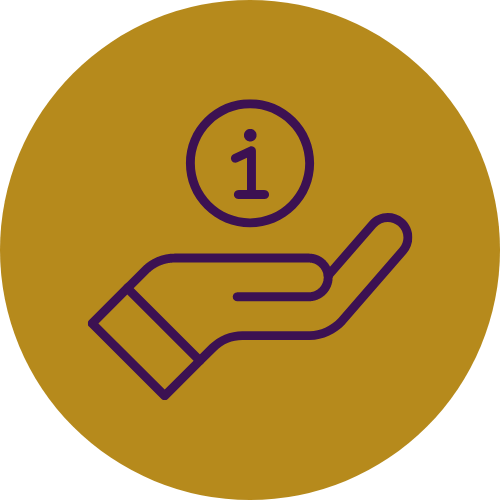
Once approved for a Vocational Discernment Committee, complete Holy Orders Forms 1, 2, and 3 and send the Bishop. Also send: copies of baptismal and confirmation certificates (or copies of the church record of baptism and confirmation), copies of transcripts of your degrees earned, and a photograph (headshot) of yourself.

The Vocational Discernment Committee general meets once a month for six months. The process may be a bit longer, but is rarely shorter. Because of timing issues that will become apparent, it is important that VDCs begin meeting between February and August in order to finish their work by early February.

VDC reports are submitted to the sponsoring vestry or mission council. The Nominating/Sponsoring Priest sends the VDC summary and recommendation to the Bishop.

Following the completion of the VDC: Confirm with the Diocesan Office that the following documents have been received: A letter from your Sponsoring Priest summarizing the VDC report, copies of VDC members’ final evaluations via the Commission on Ministry Liaison, Holy Orders Form 4: Letter of support for postulancy from your vestry or mission council.
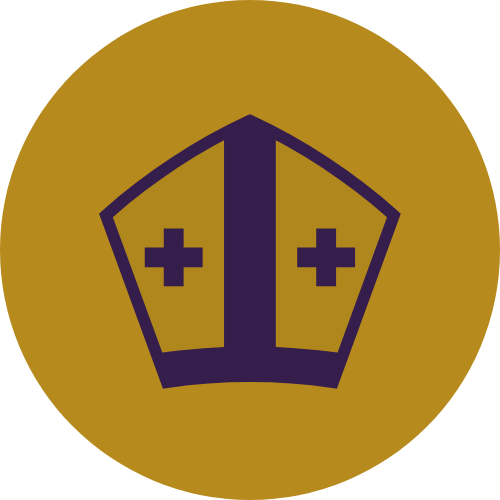
Once all of the documentation has been submitted to Diocesan House, and receipt has been confirmed, reach out to the Diocesan Administrator, Sandra Beld, to schedule a meeting with the Bishop in the month of March. The Bishop is a key participant in the discernment process. Use this opportunity to ask questions about diocesan policy or canonical requirements. This is the point in time to ask questions about seminary programs if considering ordination to the priesthood.
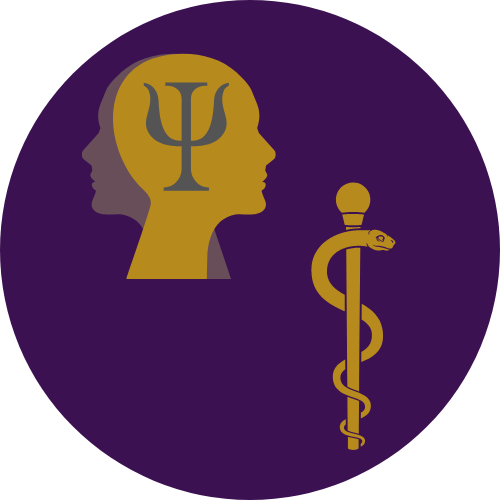
Complete and submit Holy Orders Forms 5, 6, 7, and 8 and return them to the Diocesan Office. You may use any licensed physician to conduct the required medical exam (so your own doctor will be fine), but the Psychological Exam must be conducted by the psychologist chosen by the Diocese. Now is a good time to have a conversation with your sponsoring priest to ensure they remember that the sponsoring parish is responsible for the cost of the medical and psychological evaluations.

You (and your spouse, if applicable) will be invited to meet for an introductory get-acquainted interview with the Commission on Ministry. This interview usually takes place in August, but in 2023 it will take place in October.
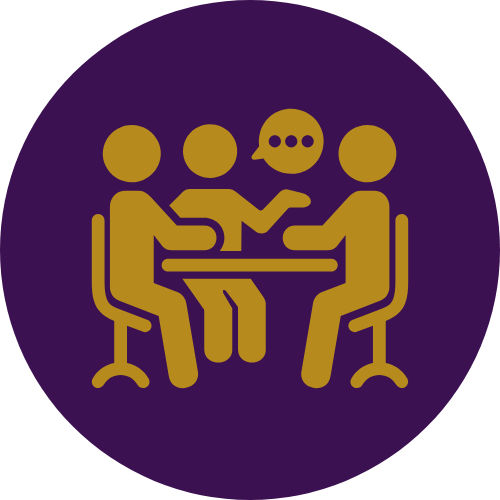
This is an opportunity for a more in-depth interview with the Commission on Ministry.

Keep in mind that at any point a nominee may achieve clarity about their call and ministry. A Vocational Discernment Committee may help someone discern a call to youth ministry, to a service ministry, or the work of Christian Formation and Education. These steps shouldn’t be looked at as hurdles or obstructions, but as opportunities for Christians to help one another discern. Should the the Bishop refer a nominee to the Commission on Ministry, and thus to the required psychological and medical evaluations, it is most likely that the person is on the path to ordination, and the next steps apply specifically to them.
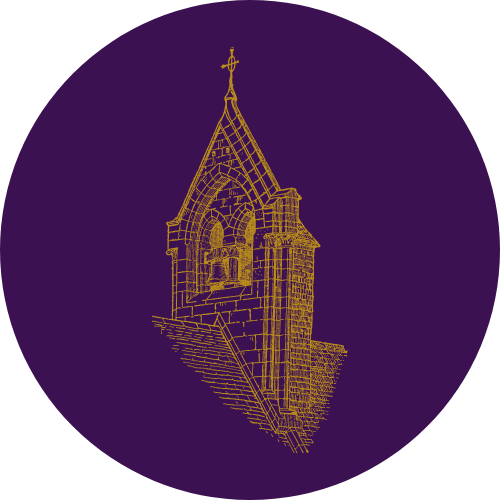
“Postulancy is the time between nomination and candidacy and may initiate the formal preparation for ordination” (Canons III.6.3 and III.8.3). It is normative for people to be granted postulancy by the bishop before attending seminary, but not universal. The primary thing to keep in mind is that there is no guarantee that one will continue in the process toward ordination, or that an Masters of Divinity at non-Episcopal seminary will be accepted. Additionally, except in rare circumstances, it is normal for people with Masters of Divinity degrees from non-Episcopal seminaries, even if the degree is accepted, to go through an additional year of education to receive a certificate in Anglican Studies. All of this means that approaching the process with an open heart, mind, and hand, is important.
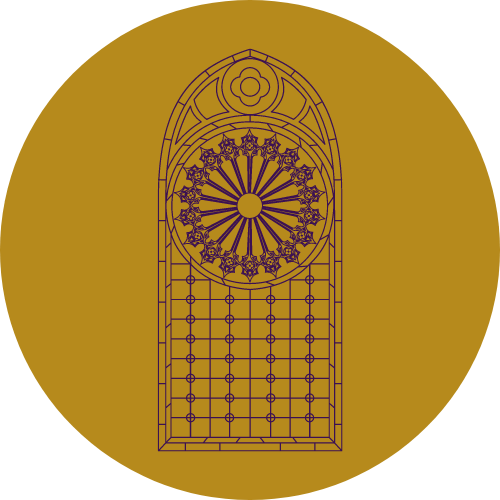
Because the Commission on Ministry meets in the fall, and seminary applications usually need to be in between January and March, a postulant will start seminary about one year after their in-depth interview with the Commission on Ministry. They will meet with the COM in October or November, and will hear from the Bishop several weeks later. This will allow the submission of applications in the new year, and preparations for enrolling in seminary the subsequent fall. Seminaries that recent ordinands in the Diocese of Tennessee have attended include: Nashotah House Theological Seminary, The University of the South School of Theology (Sewanee), Virginia Theological Seminary, The Anglican-Episcopal House of Studies at Duke Divinity School, Wycliffe College, The University of Toronto, and Berkeley Divinity School at Yale. Those moving forward in the path toward the Vocational Diaconate will enter into a process of local formation described in more detail on the Vocational Diaconate page.
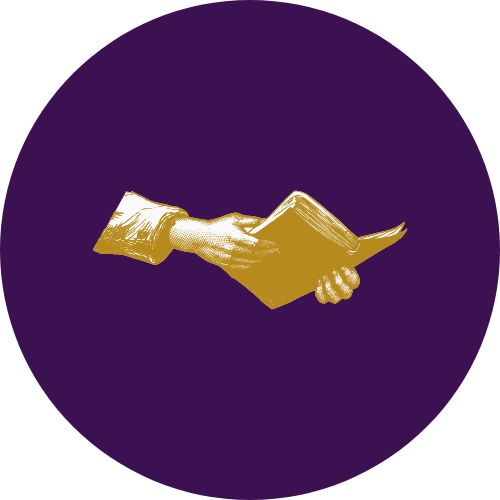
“Candidacy is a time of education and formation, in preparation for ordination to the Diaconate, established by a formal commitment by the Candidate, the Bishop, the Commission, the Standing Committee and the congregation or other community of faith” (Canon III.6.4). “Candidacy is a time of education and formation in preparation for ordination to the Priesthood, established by a formal commitment by the Candidate, the Bishop, the Commission, the Standing Committee, and the congregation or other community of faith” (Canon III.8.4). Postulants generally apply for Candidacy at the following times: in the fall or early spring of their middler year (if doing a three year MDiv), in December or January of their one year Anglican Studies program, or after the first year of their local formation program for those preparing for the Vocational Diaconate.

Candidates should apply for Ordination to the Diaconate by February of their final year of study, whether that’s a one year Anglican Studies program (for those who already have a Master of Divinity) a three year Master of Divinity Program, or the Diocese of Tennessee Deacon’s School.
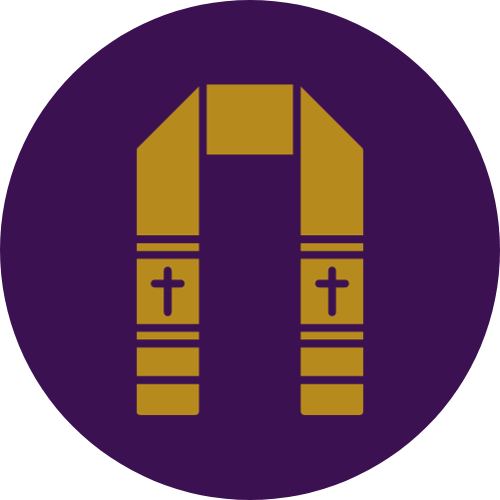
A few months at most after their ordination to the Diaconate, transitional Deacons should apply for Ordination to the Priesthood.